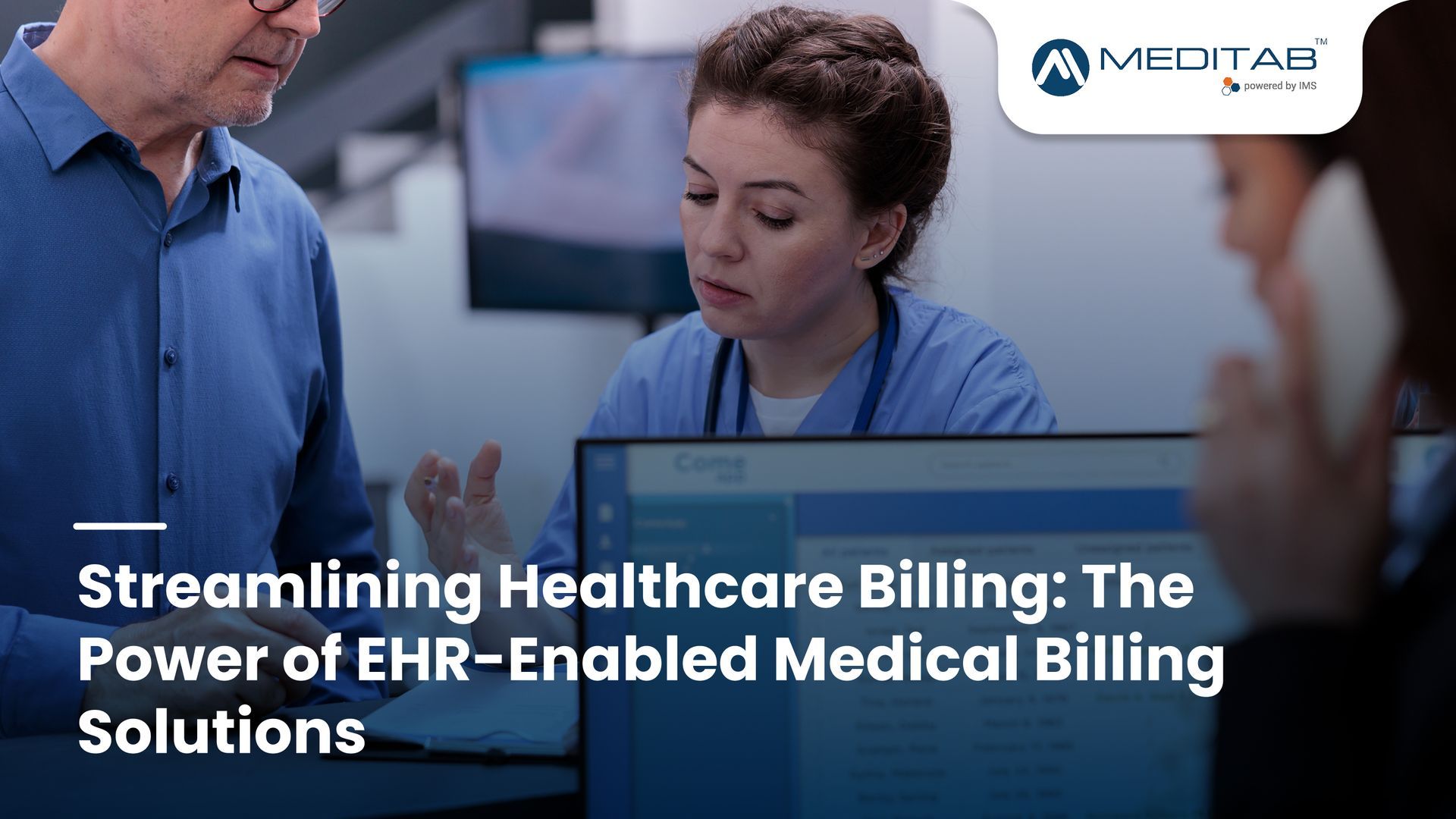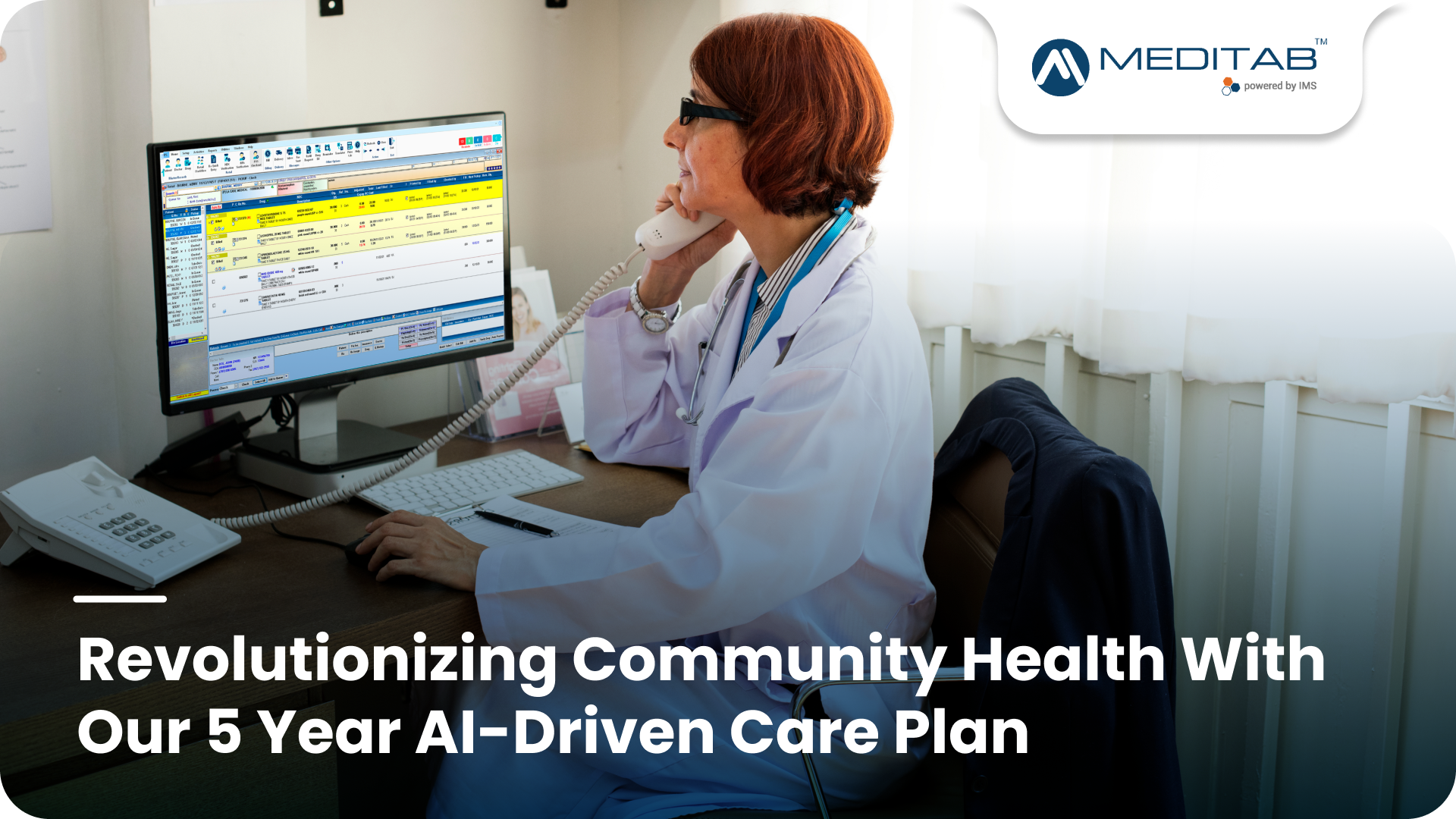The Importance of DEI in Patient Education

Finding it more challenging to convince your patients to follow through with treatment plans? It takes more than persuasive talk to get them on board.
After all, care delivery is founded on cooperation and empathy. On a provider’s end, understanding a patient's individual limitations clears a path on what problems need addressing. And for patients, learning more about their health empowers them, putting them in control of their condition instead of the other way around.
That is why patient diversity, equity, and inclusivity (DEI) are necessary lenses to look into experiences. Patients from diverse backgrounds have unique needs, and tailoring your support to their circumstances is far more effective.
When care plans fit patients like a glove, it reduces turnarounds and can make care delivery more efficient in the long run. Let's explore what this means for your practice in more detail.
DEI in Healthcare

Diversity, Equity, and Inclusion (DEI) go beyond mere statistics on healthcare demographic reports; they are transformative advocacies brought to life through comprehensive DEI training.
In the healthcare sector, a growing number of organizations are actively promoting the integration of DEI in healthcare delivery processes. These strategies encompass critical topics such as cultural competency, disability awareness, and LGBTQ+ healthcare.
Medical professionals who deeply understand diversity and inclusivity in healthcare are better equipped to provide care that respects and aligns with a patient's cultural background. This, in turn, fosters trust and encourages patients to actively participate in their healthcare, following medical advice more effectively.
This call for a DEI-centered approach has also spurred healthcare educators to actively support underrepresented minority groups seeking careers in healthcare. Research indicates that when healthcare professionals from minority backgrounds care for patients from similar backgrounds, it’s easier to establish trust, leading to more effective care delivery.
With that said, encouraging patients to learn more about their health starts with a change in approach. Incorporating DEI strategies into your practice allows your patients to feel safe with your care.
How to Encourage Patients to Learn More About Their Health
1. Improve Access to Your Practice
Accessibility to healthcare is a fundamental aspect of providing equitable care. Ensuring that your practice is accessible for all patient modalities bridges disparities.
One way to enhance accessibility is through online scheduling. Implementing an online appointment scheduling system allows patients to book appointments at their convenience. This benefits individuals who lack the network to know where to get the care they need and those who may feel more comfortable scheduling online.
Accessing healthcare services anywhere and anytime is also the most significant advantage of telehealth services. It enables patients to receive medical care from the comfort of their homes, making healthcare more accessible to those with mobility or transportation challenges.
2. Make Referrals Convenient
Collaborating with specialists and other healthcare providers is a strategic move with multiple benefits. As mentioned, a specialist’s background matters if they’re best compatible with a patient’s needs. Working together can make the patients' healthcare journey smoother.
You can also assign a patient advocate or care coordinator. These professionals play a vital role in navigating the complexities of the healthcare system on behalf of your patients. They ensure that patients understand their options, are informed about their condition and treatment, and can make informed decisions. This support is invaluable, particularly for patients facing complex or chronic illnesses.
Tapping the right people is vital. Making referrals to specialists as convenient as possible makes it more accessible as well.
Developing a streamlined referral process impacts patient outcomes directly. Delays or bureaucratic barriers can have serious consequences when patients need specialized care. A simplified process ensures patients can access the specialist care they need promptly, without unnecessary obstacles.
3. Lobby for Self-Learning

Patient education supports informed decision-making and self-management. Empowering patients to learn more about their care plans helps them discover their own goals and preferences and, in turn, illuminate the steps they need to take to meet their needs.
Making education resources accessible is the first step. To achieve this, offer patient education materials in multiple languages, accommodating diverse patient populations and ensuring that those with limited English proficiency have access to the same level of information.
Additionally, develop patient education materials that are easy to understand, regardless of educational background. Using plain language and visuals can significantly enhance comprehension, making health information more accessible to everyone.
Moreover, creating an online resource library is a powerful way to empower patients to take control of their health. This library can include videos, articles, and interactive tools that patients can access at any time, fostering self-management and improving health outcomes.
Build an Inclusive Practice with a Diverse Range of Solutions

As patients should continuously learn about their health, so should you and your staff. Cultural competency is a continuous journey as culture is constantly evolving. Aside from keeping up with news and educational outlets, providing cultural competency training to your healthcare staff keeps your practice on track.
Supporting these efforts by setting up systems that make DEI a natural part of your work. Improving patient engagement is one example, as it opens more touchpoints where you and your patients can cultivate their health plans with you.
With that said, Meditab’s patient engagement solutions offer a complete digital ecosystem of apps and services that aid patients at every step of their care journeys. From online appointment scheduling and patient portals to mobile healthcare apps, you can manage patient care plans all in one integrated platform.
With Meditab, you can empower your staff, engage your patients, and create a healthier future for all.












